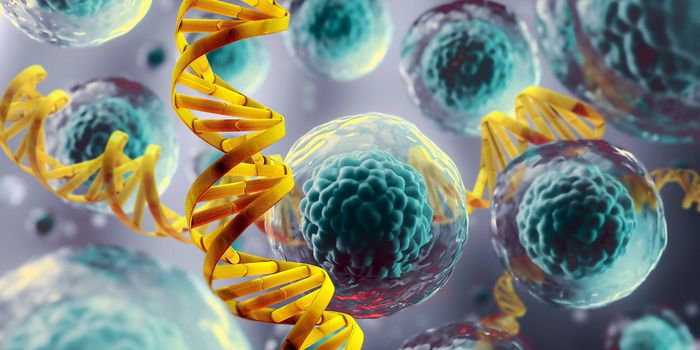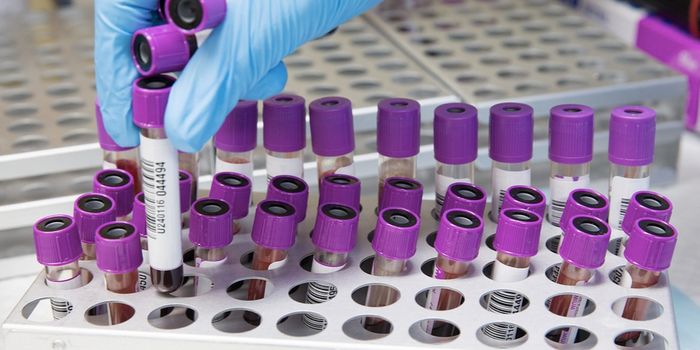There are Glial Cells in the Gut & They Have an Important Role
Glia were once thought of as cells that provide support to neurons in the brain. But in recent years, other functional roles for glial cells have been revealed. Now, researchers have shown that they play an important part in maintaining the health of the gut. In the gut, glial cells seem to help orchestrate the response of the immune system when pathogens attack. Glia may help inspire new treatments for bowel disorders that involve inflammation. The findings have been reported in Nature.
Unfortunately, the only treatments that are currently available for inflammatory bowel disease are limited to symptom relief, rather than healing the cause of the disorder, noted study co-author Fränze Progatzky, a postdoctoral scientist in the Francis Crick Institute's Development and Homeostasis of the Nervous System Lab.
The food we ingest moves through the gastrointestinal system, which also holds a large community of microbes. Inflammation can occur there after injury as well, like anywhere else in the body. Immune responses in the gut have to be carefully controlled, and when inflammation gets out of control, it can lead to disease. Scientists are still learning about the mechanisms of immunity and how immune cells function in the gut. A better understanding of how enteric glial cells work to maintain a healthy intestine and interact with the immune system may help create therapeutics for intestinal disease.
In this study, the researchers studied a mouse model of intestinal infection; the mice were infected with a roundworm called Heligmosomoides polygyrus. When the parasite invaded the gut wall in the mice, immune cells rapidly released a protein called interferon gamma, which is thought to trigger other immune cells. But the researchers found that it quickly targeted glia, activating them and causing glial cells to release molecules that recruit more immune cells to the site of the infection.
The researchers turned to human samples to see if a similar process was at work, and analyzed data that has been gathered about individuals with an inflammatory disease of the gut called ulcerative colitis. This data analysis indicated that in those diseased human guts, glial cells were expressing genes that have been associated with interferon gamma, suggesting that a similar process is at work in humans, and gut glia are involved in gastrointestinal inflammation.
Additional work showed that in the absence of infection, when glial cells in the mouse gut were unable to be activated by interferon gamma, tissue inflammation arose, even in normal mice. Thus, the researchers concluded that glia are also involved in the maintenance of a healthy, normal gut.
"Glial cells are present in many organs, and so it's possible they also play similar roles in maintaining healthy tissue and mounting appropriate responses to pathogens or toxins in other parts of the body. It will be exciting to explore this possibility further," said study co-author Vassilis Pachnis, a group leader of the Development and Homeostasis of the Nervous System Lab at the Crick.
Sources: Francis Crick Institute, Nature









